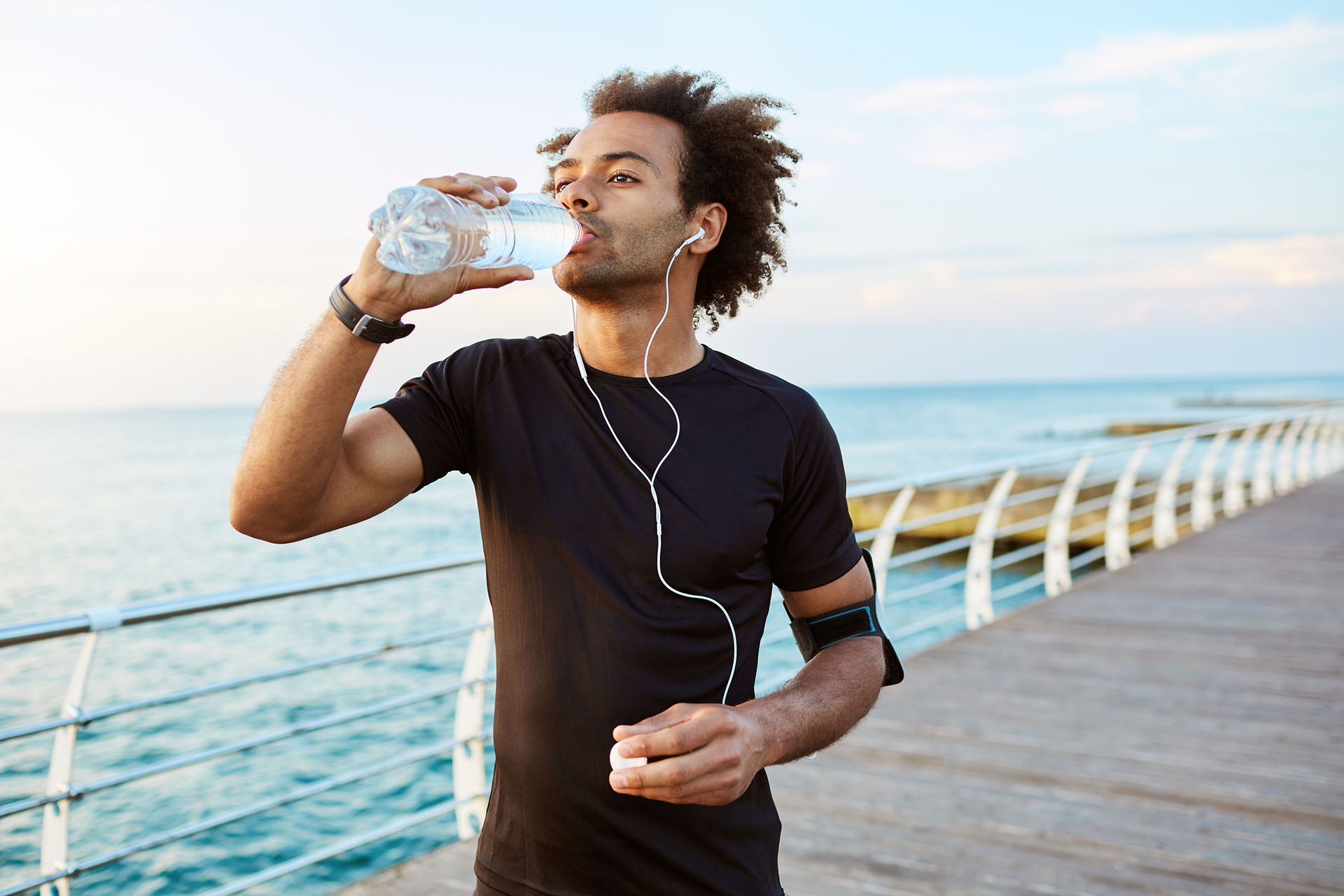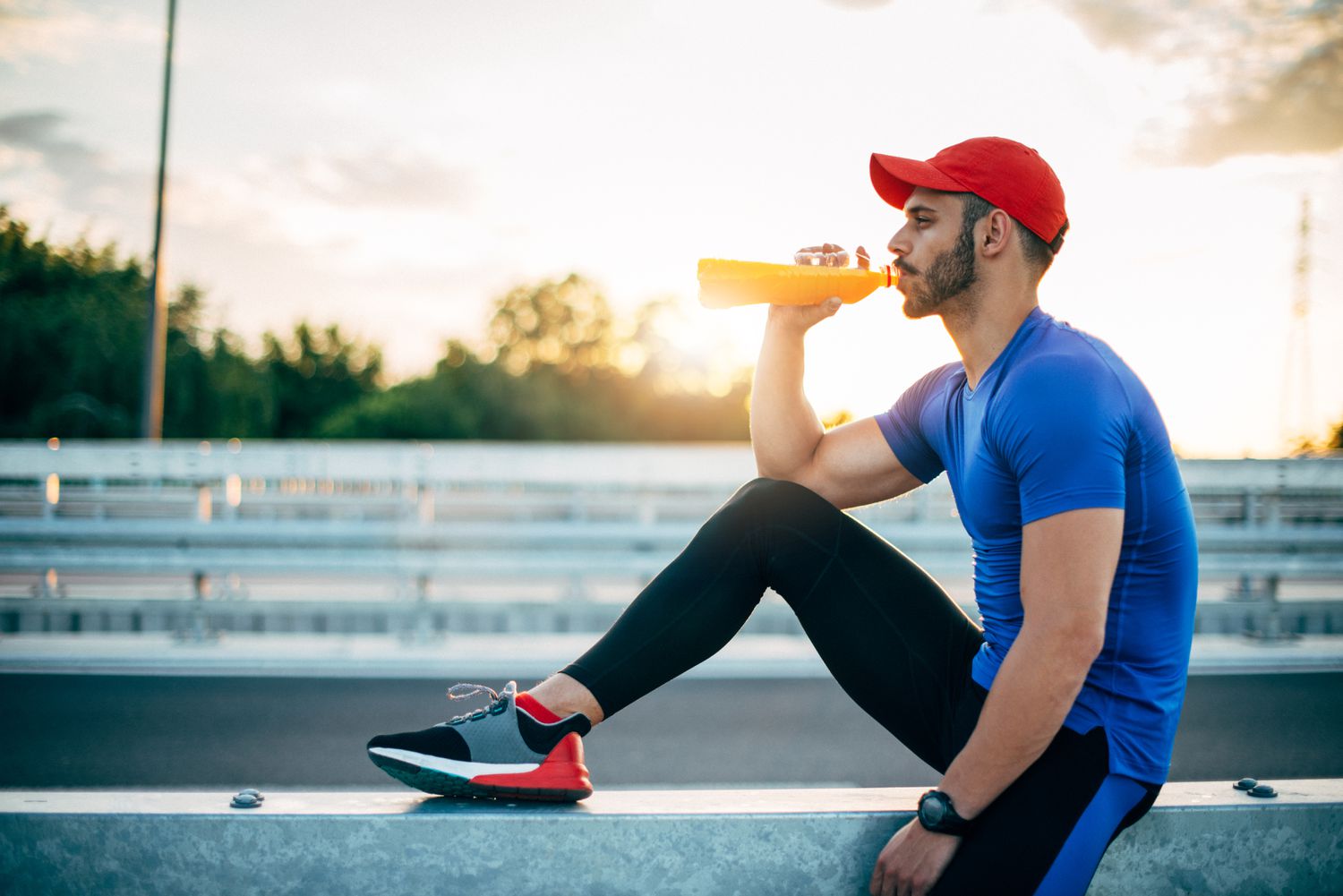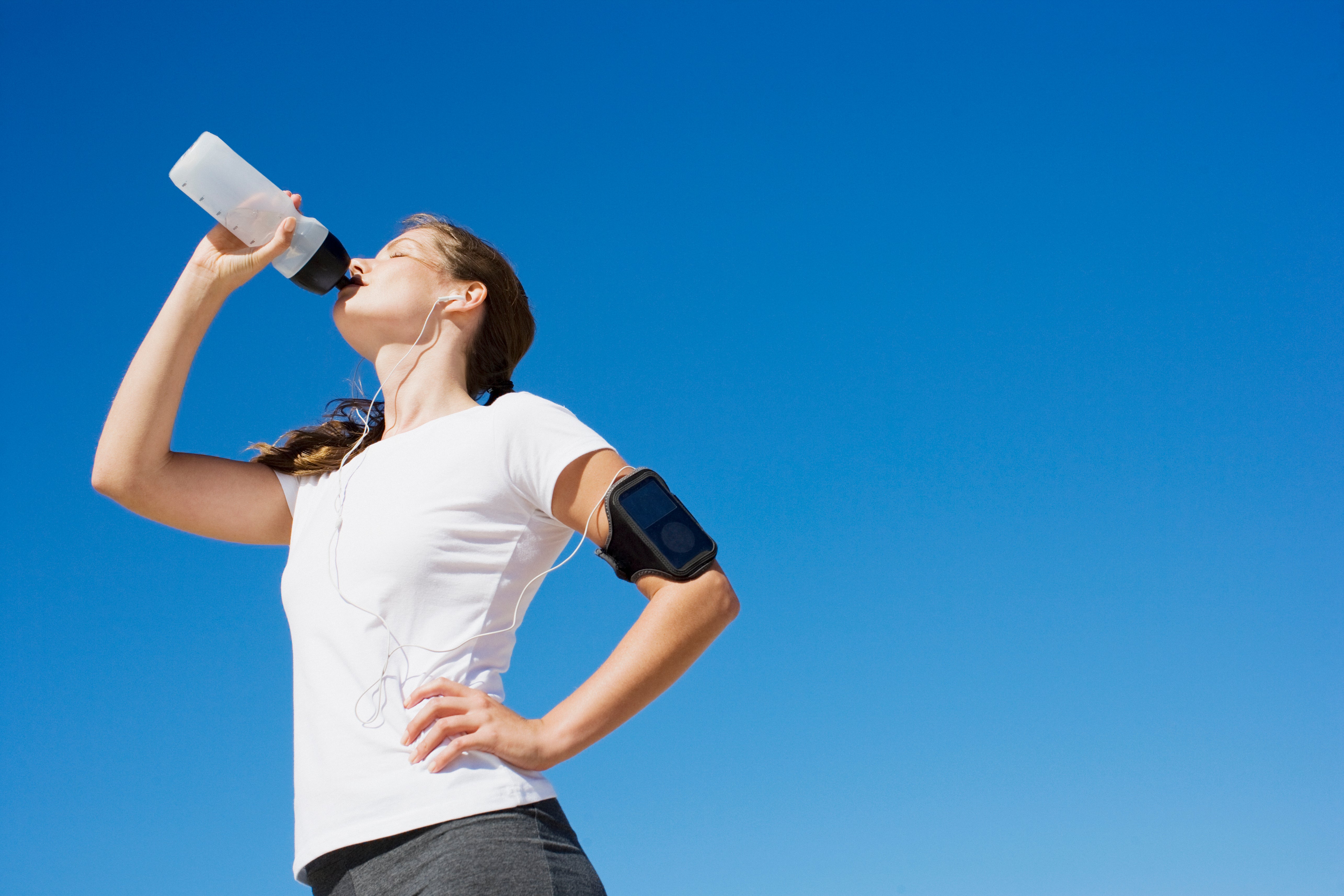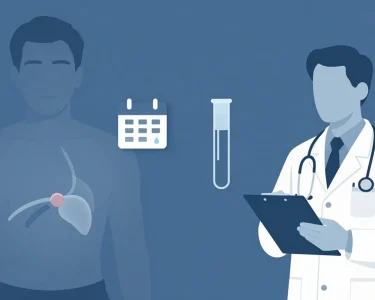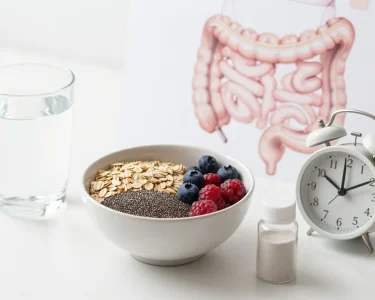Your exercise gear should include more than just comfortable sneakers; it should also include a water bottle to replenish fluids lost from sweating and heavier breathing during workouts. Drinking plenty of water during sessions helps replenish vital stores of fluid lost through sweating.
But not all water is created equal; therefore, what are the best strategies for staying hydrated during physical activities?
Tips For Staying Hydrated During Workouts
Pre-Workout Hydration
No matter if you are an elite athlete or exercising for fun, proper hydration is vital to optimal performance. Water helps regulate body temperature, lubricate joints and transport essential nutrients that give energy. When dehydrated, your body cannot perform at its optimal levels – fatigue, muscle cramps or dizziness could ensue as your performance suffers significantly. One effective way of meeting all your hydration needs during workouts is drinking plenty of water beforehand.
Try to drink 16 ounces of fluid an hour prior to beginning any physical activity, and be sure to include electrolytes such as sodium (which helps retain fluids in your bloodstream), potassium and/or chloride in your daily regimen to stay hydrated during exercise sessions.
While water should always be your first choice for hydration needs, you can supplement it with sports drinks or sugary beverages like juice or soda. Just be careful to steer clear of caffeinated drinks which may lead to sudden spikes and drops in energy levels; choose instead a drink low in added sugars with adequate sodium levels for best results.
Hydration During Exercise
Your body loses a considerable amount of fluid through sweat while exercising, so replacing these lost fluids to avoid dehydration is critical for optimal performance. Water is ideal as it contains no kilojoules and provides numerous health benefits like fluoride for teeth health; for longer and more intensive workouts sports drinks may also provide benefit; though take caution as many contain added sugars which could eventually cause dehydration over time.
If you’re feeling uncertain of the best amount of water to drink during your workout, set yourself a goal such as drinking 200ml every 15-20 minutes during your session – using an app or reminder service can also help ensure you drink regularly and don’t forget!
Even though exercise can be good for you, it is still common to experience minor cell or tissue damage during physical activity. Rehydrating with a protein-rich beverage post workout to repair this damage and feed your muscles properly can be helpful in this respect; you could make a smoothie or include more hydrating foods into your diet such as strawberries, bananas, cucumbers, broccoli celery lettuce.
Maintaining Hydration Levels Throughout Workouts
Goal to drink half a liter of water per hour of exercise you complete, depending on factors like temperature, humidity and exertion level. Be wary of drinking it all at once though as doing so could cause side effects like extreme fullness and an upset stomach.
As well as drinking plenty of water, it’s also essential to consume foods and beverages containing electrolytes, such as bananas, strawberries, celery, avocados and spinach, that contain electrolytes in abundance. This will ensure you receive enough sodium – which plays an integral role in maintaining fluid balance – which sweating can deplete significantly according to Cleveland Clinic studies.
Dehydration during exercise can result in lightheadedness, gastrointestinal discomfort and muscle cramps; staying hydrated will ensure you can push yourself to your maximum potential during workouts.
When and How Much to Drink During Exercise
Consume fluids before beginning an aerobic workout to stay properly hydrated, but also during it as you may lose up to one or two litres through sweating. Aim for 8 ounces every 15-20 minutes during physical activity.
Water is often the best choice when working out, as its quick absorption into your body prevents dehydration. If working out for extended periods or in hot or humid environments, sports drinks may provide necessary replenishment of electrolytes and energy lost through sweat.
If exercising in hot or humid temperatures, it’s smart to plan ahead by bringing along a water bottle so you can stay hydrated throughout your workout and prevent overhydration, which could otherwise lead to cramps, nausea, dizziness and heat stroke.
Be mindful to stay hydrated by choosing beverages with reduced levels of sugar and caffeine; these could cause dehydration or digestive discomfort. Instead, opt for beverages low in both sugar and caffeine content. Post workout recovery efforts could benefit from including protein-rich food or beverages to aid recovery and repair of muscle damage.
Post-Workout Rehydration:
Drinking water before, during and after exercise can help protect the joints by keeping them lubricated with fluid and reducing stiffness after physical exertion. Hydration also plays an integral role in body temperature regulation as well as transport of essential nutrients to muscles. Hydrate before, during, and after any physical activity to ensure maximum results! Caffeine, alcohol or soft drinks contain dehydrating agents which may result in lower energy levels during your workout session.
Water is generally the best choice to rehydrate during workouts that last less than 60 minutes; if your session lasts longer, an electrolyte beverage such as Nuun or LMNT might be beneficial, as they provide many vitamins and minerals which aid muscle recovery.
Mild dehydration symptoms typically include dry or sticky mouth, thirst and light-coloured urine; more serious symptoms include sunken eyes, rapid breathing and heart rate, confusion or unconsciousness if symptoms of dehydration develop rapidly. Seek medical assistance immediately if experiencing these signs; otherwise ensure you remain adequately hydrated prior to engaging in physical activities – check the color of urine before and after workouts to measure how dehydrated you are; the darker it appears means the greater dehydration there is for adequate hydration levels to remain optimal.
Personalized Hydration Plans:
Individualized hydration plans provide athletes with an effective means to optimize their performance, by maintaining an ideal fluid balance that supports energy levels, improves endurance and strengthens cognitive function. Hydration plans account for factors like body composition, environmental conditions and sweat composition to match up fluid intake with loss. They also take into account personal preferences and health considerations to encourage compliance and ensure adequate fluid consumption.
General hydration guidelines recommend that individuals should drink according to their personal sweat rates during workouts. You can easily determine your sweat rate by weighing yourself before and after exercising and then calculating fluid losses; using this data, individuals can create their own personalized hydration plans that vary based on whether or not they exercise on different days.
Individuals should eat water-rich foods and sip electrolyte-rich beverages during workouts to stay properly hydrated. Furthermore, individuals should pay attention to their thirst cues, avoid caffeine- and alcohol-based beverages that have diuretic effects and increase fluid loss, as well as being aware that an absence of magnesium can create imbalances that cause muscle cramps during physical exercise. By following these tips individuals can avoid common workout hydration mistakes and remain well hydrated throughout.
Conclusion
Hydration is essential to life, but especially during workouts. Dehydration during physical activity can lead to muscle cramps, fatigue and heat exhaustion which could compromise fitness goals and health overall. Proper hydration also optimizes muscle function while protecting joints against injury risk.
Staying hydrated during workouts requires drinking water regularly throughout the day, rather than waiting to drink when thirst sets in. Thirst is not an accurate indicator of hydration status and may lead to misperceptions about its status; listen to what your body tells you – drink when thirst strikes!
Drinks containing electrolytes (like sports drinks or coconut water) and carbohydrates should also be consumed during workouts to maintain energy levels and sustain energy reserves. Hydrating products like Burn Boot Camp’s Replenish may help balance out losses of key vitamins and minerals through sweat. They’re also an effective way to replenish “gas tanks” after workouts to prepare your body for recovery; take small sips every 15 minutes during your session for best results.


